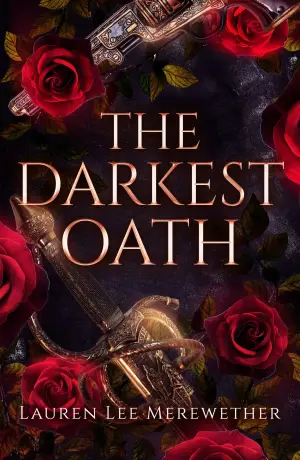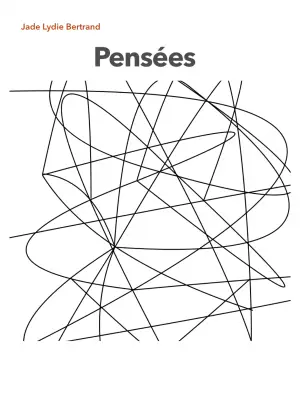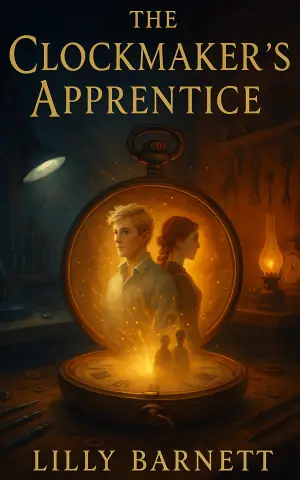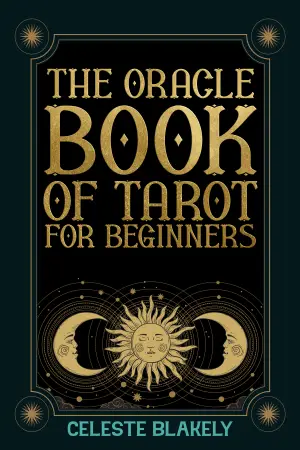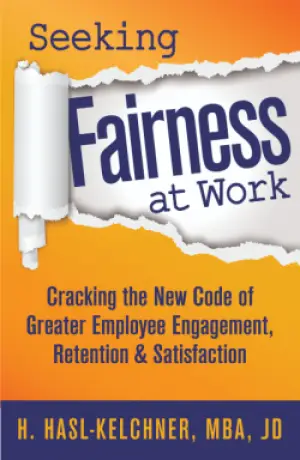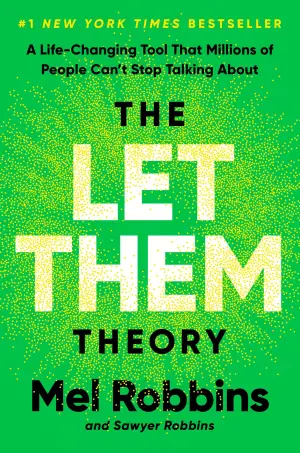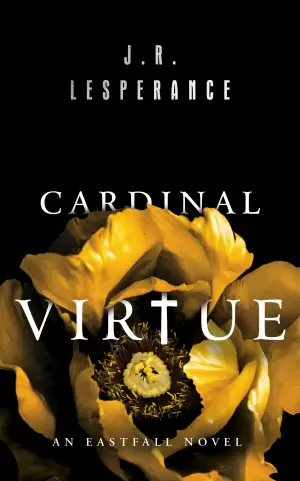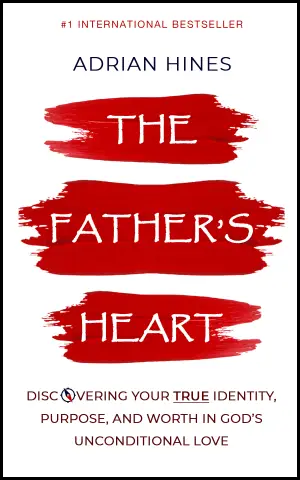A Journey Through Memory: A Review of Flashlight by Susan Choi
When I first encountered Flashlight by Susan Choi, I was drawn in by its tantalizing premise—a young girl, Louisa, clutching tightly to memories of a father lost beneath the waves, while wielding a flashlight that seems to symbolize both hope and tragedy. Choi, known for her masterful storytelling in Trust Exercise, promises a narrative that transcends the ordinary family saga, and she certainly delivers.
At its heart, Flashlight is a poignant exploration of loss, family dynamics, and the burdens that past traumas impose on the present. Louisa’s life is irrevocably altered on that fateful summer night when her father disappears, leaving behind a chasm of grief and unsettling questions. As Louisa and her mother, Anne, drift through their existence—a mother grappling with her own estrangement and a daughter weighed down by the shadows of her father’s absence—their shared sorrow becomes both a connector and a wedge in their relationship. The introduction of Tobias, Anne’s estranged son, adds yet another layer of complexity, stirring up buried emotions and unresolved conflicts.
Choi’s writing style is nothing short of breathtaking. She weaves a tapestry of characters whose histories and identities are inextricably linked to the ghosts of the past. The narrative unfolds like waves crashing onto the shore, weaving between time periods and perspectives with grace. Choi’s use of shifting viewpoints, especially the way she circles back to that pivotal night, creates a haunting resonance that lingers long after you’ve turned the last page. It’s as if we, too, are in pursuit of answers alongside Louisa, our hearts tethered to her search for clarity in a tumultuous sea of emotion and uncertainty.
One of the most impactful aspects of the book is its exploration of culture and identity. Louisa’s father, Serk, is a Korean man who finds himself lost in the world of his past choices, while Anne’s American upbringing is fraught with its own recklessness. This cultural juxtaposition adds richness to their interactions, highlighting the ways in which we both inherit and resist the legacies left by our parents. As Sam Worley notes in New York Magazine, Choi’s prose is “almost impossibly heartbreaking,” an apt description for a novel that explores the complexities of love and loss with such raw honesty.
Throughout my reading experience, I found myself captivated by not only the gripping storyline but also the underlying themes of memory and the invisible currents of history that shape us. Choi’s ability to create palpable tension around these themes makes Flashlight not just a novel, but a profound meditation on human relationships and the unseen forces that guide our lives.
I wholeheartedly recommend Flashlight to anyone who appreciates literary fiction that digs deep into the human experience. Those who enjoy the reflective depths of family dramas and are unafraid to confront the melancholic aspects of memory will find this novel particularly resonant. Choi’s work is essential reading for anyone seeking to understand not only the characters’ journeys but also the silent echoes that reverberate through their lives—echoes that, I believe, dwell within us all.
In the end, Flashlight left me with a sense of both loss and liberation, making me reflect on my own relationships with both the seen and the unseen in my life. Choi has crafted a monumental narrative that compels us to confront our deepest fears and longings, illuminating the space where love and loss reside, often simultaneously.



